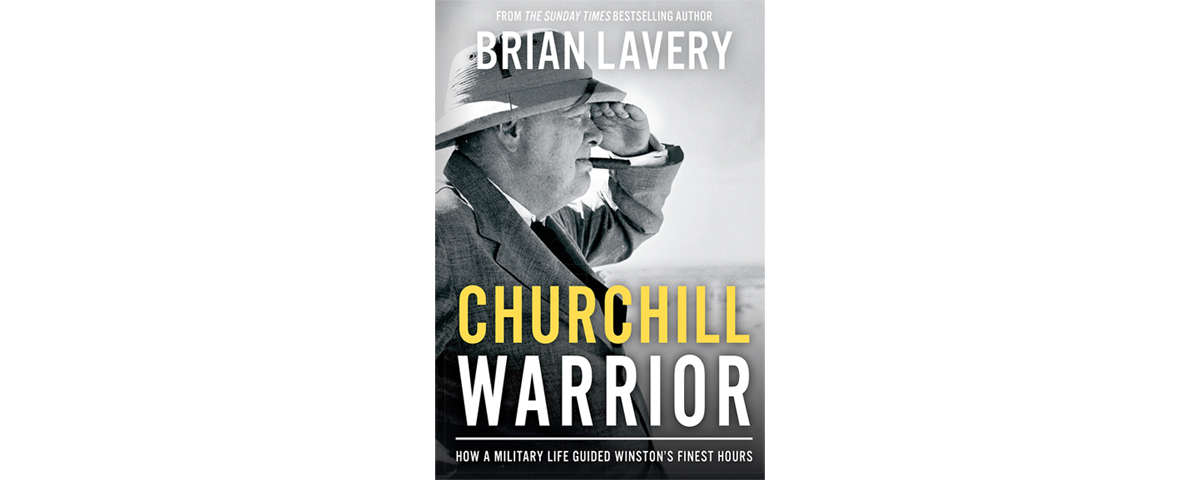Churchill: Warrior—How a Military Life Guided Winston’s Finest Hours, by Brian Lavery, Casemate Publishers, Oxford, U.K., 2017, $32.95
In the introduction to his new biography naval historian Brian Lavery carves a slot in the library of Churchill studies for this new volume on the great man’s military career: “It is not intended as a history of the Second World War, or even of Churchill’s role in it,” he writes, “but as a demonstration of how his past experiences affected his conduct and decision, and how much his personal opinions and interventions affected policy.” Actually, what Lavery does best is track Britain’s military development through the half-century prior to World War II, a process that often centered on Churchill.
Lavery gives life to the arguments and compromises behind some of the most consequential military decisions of the last century, folding together crisp narration with quotes from British leaders. After a quick gloss on Churchill’s school days, Lavery shows how the young cavalry officer capitalized on his story of capture and dramatic escape in the Second Boer War to land a seat in Parliament and become first lord of the Admiralty during the crucial three years before World War I. Forever the enthusiastic student, Churchill took flying lessons and studied submarines while steering the Royal Navy away from coal toward oil-fired super-dreadnaughts. Undaunted by inter-service rivalries, he showed amazing foresight by funneling money from the navy to develop the British army tank, which helped break the Western Front stalemate.
Churchill’s biggest setback came with another improvised effort to crack that stalemate. After the British fleet failed to pass through the Dardanelles, and troops died by the thousands in the amphibious landings at Gallipoli, he was forced out of the Admiralty. Grieving and depressed, he entered the trenches as a colonel and enjoyed night raids wriggling through no-man’s-land before returning to politics. Churchill’s regrets led to improvements, and his interwar advocacy for carefully planned combined operations under one supreme commander helped set conditions for the successful 1944 landings at Normandy.
Lavery relates Churchill’s story amid a cascade of historical digressions—uniform decorations, gun sizes, relative speeds of new aircraft—that sometimes distract from his goal of shedding insight into the prime minister’s military mind. While the book will appeal to historians and laymen seeking deeper knowledge of Churchill’s military environment, readers interested in a fuller biography of the man should look elsewhere.
—Paul X. Rutz





